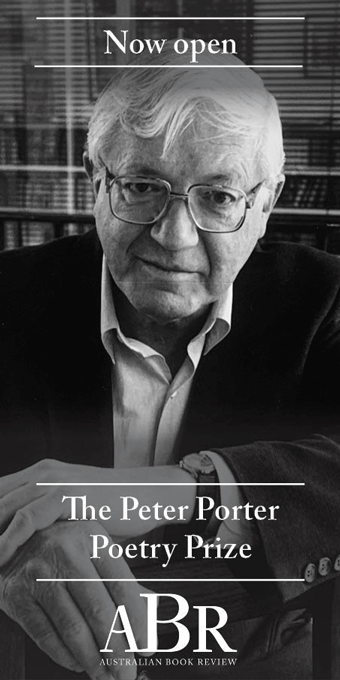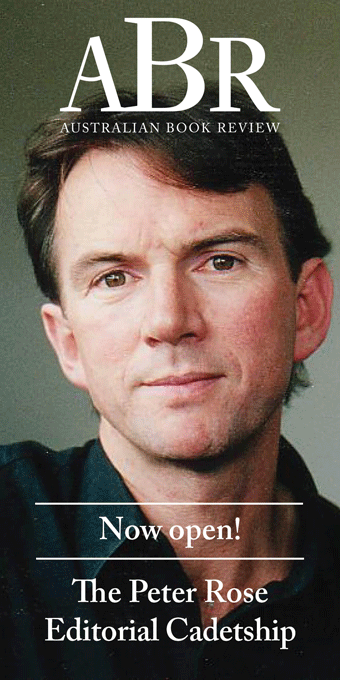David Rowland

David Rowland holds a PhD in English and Theatre Studies from the University of Melbourne.
In 1588, with England facing the threat of Spanish invasion, Elizabeth I visited her troops assembled at Tilbury to deliver some rousing words: ‘I know I have the body of a weak and feeble woman; but I have the heart and stomach of a king, and of a king of England too.’ This assertion, the idea that the body politic was eternal and existed in a sacred realm beyond historical time, was ideally ... (read more)





